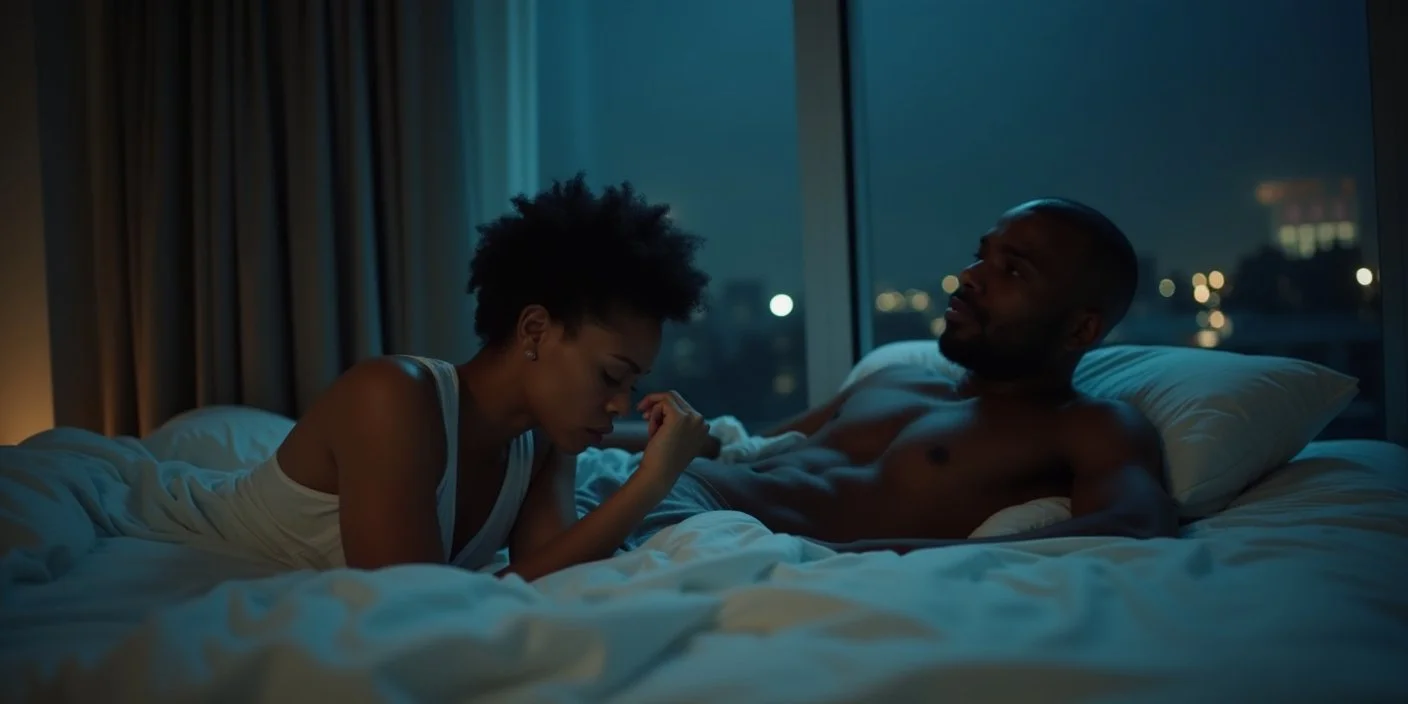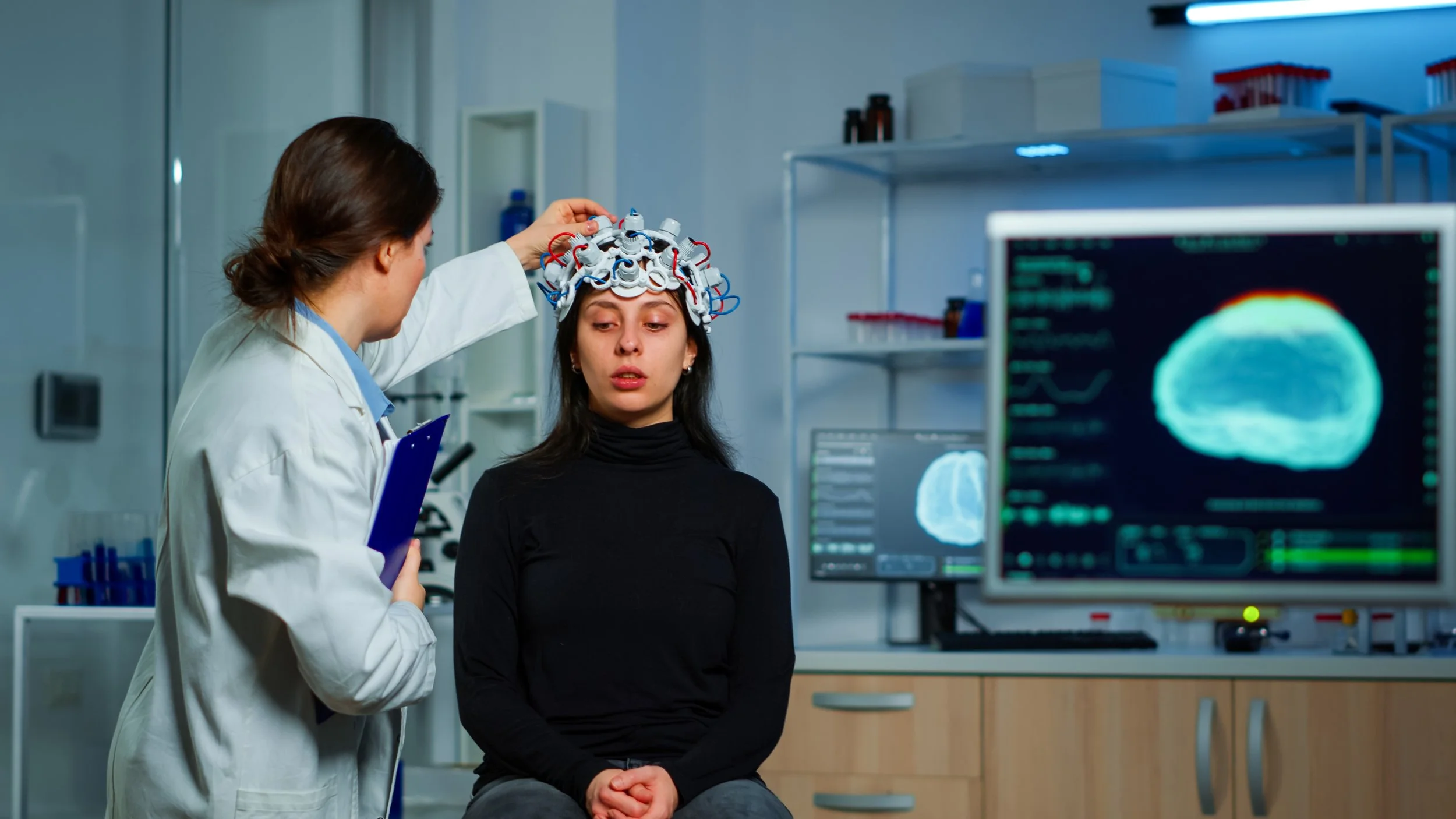Luxury Depression Treatment for Low Libido Recovery
Depression, a widespread mental health condition, profoundly impacts various aspects of life, including sexual desire. The relationship between libido and depression is complex and multifaceted, often leaving individuals grappling with both emotional and physical challenges. Up to 70% of people with depression report experiencing sexual dysfunction, including diminished interest in sexual activity.
For those dealing with this intersection of mental health and sexuality, exploring specialised treatment options, such as luxury inpatient depression treatment at luxury depression treatment centres, can provide a path to recovery. This article delves into the causes, symptoms, and solutions for low libido caused by depression.
Can Depression Cause Low Sex Drive?
Yes, depression can cause low sex drive, manifesting as a lack of interest or desire for sexual activity. This connection arises from psychological, biological, and social factors.
Key Mechanisms Linking Depression and Libido
Neurotransmitter Imbalances: Depression disrupts the production of serotonin, dopamine, and norepinephrine—key chemicals that regulate mood and sexual desire. These imbalances can suppress libido.
Low Energy Levels: Fatigue and lethargy, common symptoms of depression, can diminish interest in intimacy.
Negative Self-Image: Depression fosters feelings of worthlessness or unattractiveness, making it difficult to engage in sexual relationships.
Medication Side Effects: Certain antidepressants, particularly SSRIs, can have sexual side effects, exacerbating existing issues.
Understanding how depression affects libido can help individuals recognise the root cause and seek appropriate treatment.
How Does Depression Affect Sex Drive?
Depression doesn’t just affect emotions; it can also take a toll on the physical and psychological components of sexual health. Here’s how:
Physical Symptoms
Hormonal Changes: Depression disrupts hormonal balances, particularly testosterone and estrogen, which are essential for sexual desire.
Fatigue: Chronic tiredness makes engaging in sexual activity feel burdensome.
Medication Effects: While antidepressants can improve mood, they may also reduce arousal, delay orgasm, or cause erectile dysfunction.
Psychological Symptoms
Emotional Withdrawal: Depression can lead to a lack of emotional connection, reducing the desire for intimacy.
Anxiety and Stress: Co-occurring anxiety often amplifies the difficulty of maintaining sexual relationships.
Relationship Challenges
Depression-induced low libido can create a cycle of misunderstanding and frustration between partners, straining emotional and physical intimacy.
Who is Affected by Depression-Induced Low Libido?
Low libido and depression can affect anyone, but certain groups may be more vulnerable:
Women: Hormonal changes during menstruation, pregnancy, or menopause can amplify depression’s impact on libido.
Men: Erectile dysfunction linked to depression often reduces confidence and sexual interest.
Couples in Distress: Relationship tension can exacerbate depression and libido issues, creating a negative feedback loop.
Treating Low Libido and Depression
Addressing the dual challenges of depression and low libido requires a comprehensive, tailored approach. Luxury rehab centres and treatment centres for depression provide a holistic environment to tackle these interconnected issues.
Luxury Inpatient Depression Treatment
Customised Therapy Plans: Personalized approaches, such as cognitive behavioural therapy (CBT), target negative thought patterns impacting mood and libido.
Holistic Care: Incorporating yoga, mindfulness, and art therapy helps individuals reconnect with their emotional and physical selves.
Expert Teams: Access to specialists in sexual health and mental wellness ensures comprehensive care.
Medication Management
Alternative Antidepressants: For those experiencing sexual side effects, switching to medications like bupropion may alleviate symptoms without affecting libido.
Hormone Therapy: Balancing hormones like testosterone or estrogen can enhance sexual desire.
Relationship Counseling
Couples Therapy: Open dialogue between partners fosters understanding and intimacy, mitigating the relationship strain caused by depression.
Lifestyle Interventions
Exercise: Regular physical activity boosts endorphins and promotes sexual health.
Nutrition: A diet rich in omega-3s, lean proteins, and whole grains supports mental and physical well-being.
Sleep Hygiene: Prioritizing quality sleep improves mood and energy, which is essential for a healthy sex drive.
The Role of Luxury Depression Treatment Centers
For those seeking a more private, personalised experience, luxury depression treatment centres and recovery retreats offer an unparalleled level of care.
Key Features
Discreet Settings: Privacy and confidentiality are paramount, ensuring a stress-free recovery.
Holistic Therapies: From equine-assisted therapy to spa treatments, these centres provide alternative approaches to healing.
Comprehensive Support: A multidisciplinary team addresses both the mental and physical dimensions of depression and libido.
Choosing a luxury rehab for depression ensures access to the best resources and an environment conducive to deep, lasting recovery.
Q&A
Q1: Are antidepressants the main reason for low libido in people with depression?
Antidepressants, particularly SSRIs (Selective Serotonin Reuptake Inhibitors), can contribute to low libido as a side effect, but they are not the only cause. Depression itself, along with its associated fatigue, negative thought patterns, and stress, is a primary factor. While some antidepressants may affect libido, alternative medications like bupropion have fewer sexual side effects. A comprehensive treatment plan at a luxury rehab for depression can explore medication adjustments while addressing both mental health and sexual well-being.
Q2: How does luxury inpatient depression treatment address libido-related concerns?
Luxury depression treatment centers offer a holistic approach to address both depression and its impact on libido. These centers often include:
Personalised Therapy: Individual and couples counseling to tackle emotional and relationship factors affecting libido.
Medication Management: Adjusting medications to minimise sexual side effects.
Lifestyle Interventions: Integrating physical activity, nutrition, and stress-reduction techniques to enhance overall health.
Specialised Therapies: Alternative therapies like mindfulness and yoga to improve emotional well-being and intimacy. By providing tailored care in a serene environment, luxury rehab centers support recovery from depression and related sexual dysfunction.
Q3: Can relationship problems caused by depression-induced low libido be resolved?
Yes, relationship issues stemming from depression-induced low libido can often be resolved with the right support. Open communication between partners and professional guidance through couples therapy is essential. At recovery retreats and luxury inpatient facilities, couples can participate in structured sessions to rebuild emotional intimacy and strengthen their bond. These programs provide tools to navigate challenges, foster understanding, and reignite the connection between partners.
Q4: Are there lifestyle changes that can help improve libido during depression treatment?
Yes, certain lifestyle changes can positively impact libido during depression treatment. These include:
Regular Exercise: Physical activity boosts endorphins and improves energy levels, which can enhance sexual desire.
Balanced Diet: Consuming nutrient-rich foods, such as omega-3 fatty acids and antioxidants, supports mental and physical health.
Stress Management: Mindfulness practices, meditation, and yoga reduce stress, which is often linked to low libido.
Adequate Sleep: Prioritizing quality sleep can restore energy and improve mood, aiding libido recovery. Such changes are often integrated into programs at luxury retreats, creating a comprehensive strategy for improving mental health and intimacy.
Q5: Is it possible to regain libido while still managing depression?
Yes, it is possible to regain libido even while managing depression. A combination of therapy, medication adjustments, and lifestyle modifications can help restore sexual desire. Seeking help from a premium rehab center ensures a tailored treatment plan addressing both mental health and sexual function. With time and the right support, many individuals see significant improvements in their libido as their depression is effectively managed.


